Introduction
In today’s fast-paced and highly demanding world, maintaining a healthy work-life balance has become increasingly challenging. We often find ourselves juggling numerous responsibilities, trying to excel in our careers while also nurturing our personal lives. However, striking the right balance between work and life is crucial for our overall well-being and long-term success. In this blog, we will explore the importance of a healthy work-life balance and offer practical tips to help you achieve it.
Understanding Work-Life Balance
Work-life balance is the equilibrium between the time and energy you invest in your work and personal life. It’s about managing your professional commitments, such as your job or career, alongside your personal commitments, like family, health, and leisure activities. Achieving a healthy work-life balance can enhance your overall quality of life and contribute to your physical, emotional, and mental well-being.
The Importance of a Healthy Work-Life Balance
Reduces Stress: Excessive work hours and constant work-related stress can lead to burnout and negatively impact your physical and mental health. Maintaining a healthy balance helps reduce stress and promotes overall well-being.
Improves Productivity: Paradoxically, when you overwork and neglect your personal life, your productivity can suffer. Taking time to rest and recharge can lead to better focus and efficiency when you’re at work.
Enhances Relationships: Neglecting your personal life can strain relationships with family and friends. A balanced life allows you to spend quality time with loved ones, strengthening your social connections.
Supports Mental Health: Prioritizing time for relaxation, hobbies, and self-care can contribute to better mental health. It helps reduce the risk of anxiety, depression, and other mental health issues.
Tips for Achieving a Healthy Work-Life Balance
Set Boundaries: Establish clear boundaries between work and personal life. Define when your workday starts and ends, and stick to those hours as much as possible.
Prioritize Self-Care: Make self-care a non-negotiable part of your routine. This can include exercise, meditation, hobbies, or simply spending time doing things that bring you joy.
Learn to Say No: Don’t overcommit at work or in your personal life. Saying no when necessary is essential to avoid spreading yourself too thin.
Unplug and Disconnect: Set aside time each day to disconnect from electronic devices and social media. It can help you unwind and be more present with your loved ones.
Plan Your Time: Use time management techniques like to-do lists or time-blocking to efficiently allocate your time to both work and personal activities.
Delegate and Outsource: At work and home, delegate tasks when possible, and don’t hesitate to seek help or outsource when needed.
Take Vacations: Use your vacation days to relax and recharge. Avoid checking work emails during your time off.
Communicate with Your Employer: If your workload is consistently overwhelming, have an open conversation with your employer about workload and potential solutions.
Foster a Supportive Environment: Encourage your workplace to promote a healthy work-life balance culture. Advocate for policies that support flexible work arrangements if possible.
Reflect and Adjust: Regularly assess your work-life balance and make adjustments as needed. Life is dynamic, and your balance may need to change over time.
Conclusion
A healthy work-life balance is not a one-size-fits-all solution, as it varies from person to person and can change over time. It’s a continuous process of self-awareness and adjustment.
By prioritizing self-care, setting boundaries, and making conscious choices to support your well-being, you can achieve a fulfilling and sustainable balance between your professional and personal life. Remember, a balanced life is not a luxury; it’s a necessity for a happy and successful life.
Credits: Health Direct


